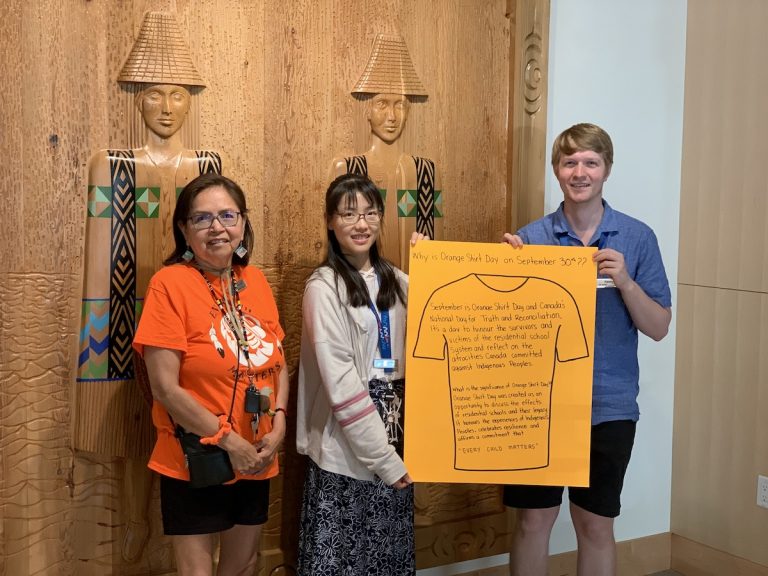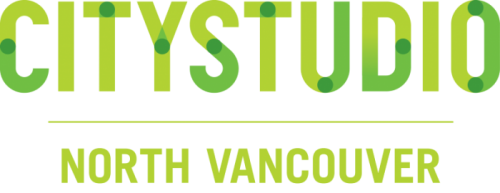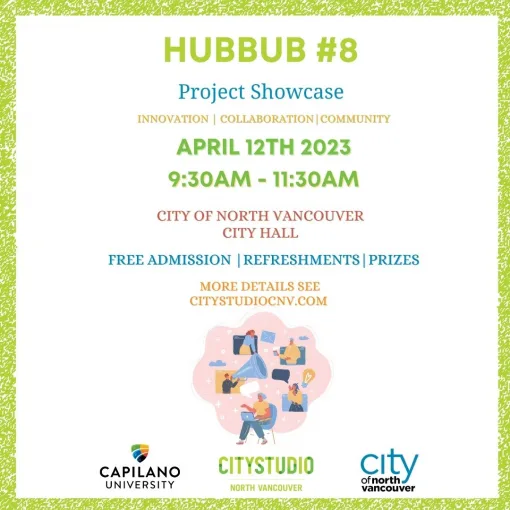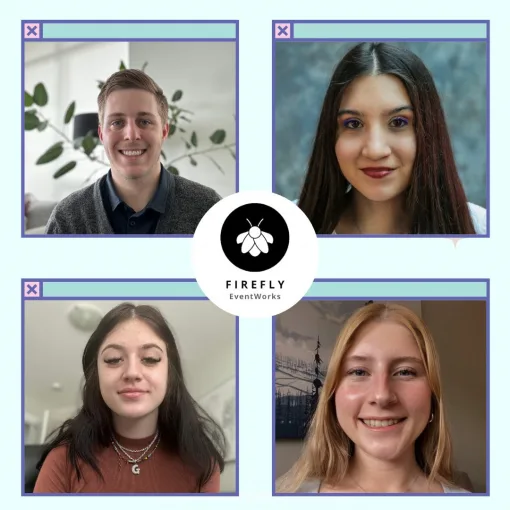
Opportunity Question:
How can we best support MONOVA and North Vancouver City Library decolonize their collections?
Term: FALL 2022
Department: Communications
Course: CMNS 261 – Interpreting Communication Documents
Instructor: Kym Stewart
Staff contact: Carol Ballard, Daien Ide (MONOVA); Sarah Tarcea, Abigail Saxton (NVCL) with support by MONOVA Indigenous Programmers – Tsawasiya Spukwus (Alice Guss)
and Senaqwila Wyss
Project Description:
In support of continued efforts to decolonize their collections, North Vancouver City Library and The Museum of North Vancouver & Archives (MONOVA) are collaborating with CMNS 261 to witness, record and respond to conversations with Sḵwx̱wú7mesh (Squamish) Elders at MONOVA and the Library. Students will be producing a reflection piece to be shared back with the Elders and their communities.
In June 2015, the Truth and Reconciliation Commission (TRC) held its closing event in Ottawa and presented the executive summary of the findings including 94 “calls to action” to further reconciliation between Indigenous peoples and all Canadians.
At MONOVA, we feel strongly that museums and archives have an active role to play in responding to these TRC calls to action. Calls to action 67 to 70 speak directly to the role that museums and archives play in achieving reconciliation.
In 2019, British Columbia became the first province in Canada to legally commit to bringing its laws up to the standards outlined in the U.N. Declaration of the Rights of Indigenous Peoples (UNDRIP). (MONOVA website)
The North Vancouver City Library is a member of the Semá7maka canoe family. The Semá7maka family is one of many who participate in the annual Pulling Together journey each summer. The program is a partnership among Indigenous communities, law enforcement and public service organizations that focus on supporting and strengthening relationships with area youth.
Students will work in groups and will:
Interview/Oral History conversation, transcription, short PowerPoint and presentation
Literature Review- collecting supplementary information associated with the interview
Collect statistical data to supplement and contextualize the field of study understood from the interview
Reflection piece: What did you learn? What do people need to know to further Truth and Reconciliation actions?





